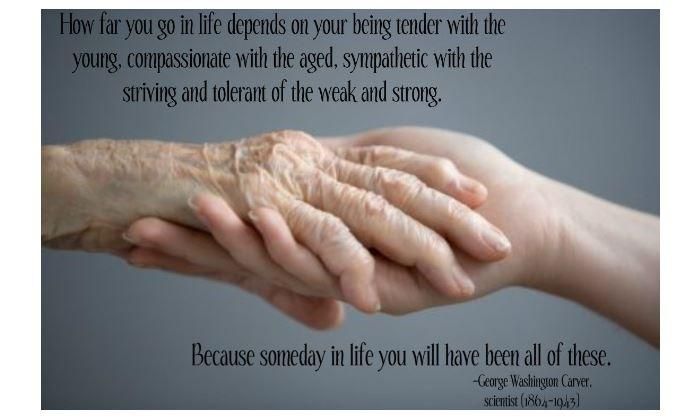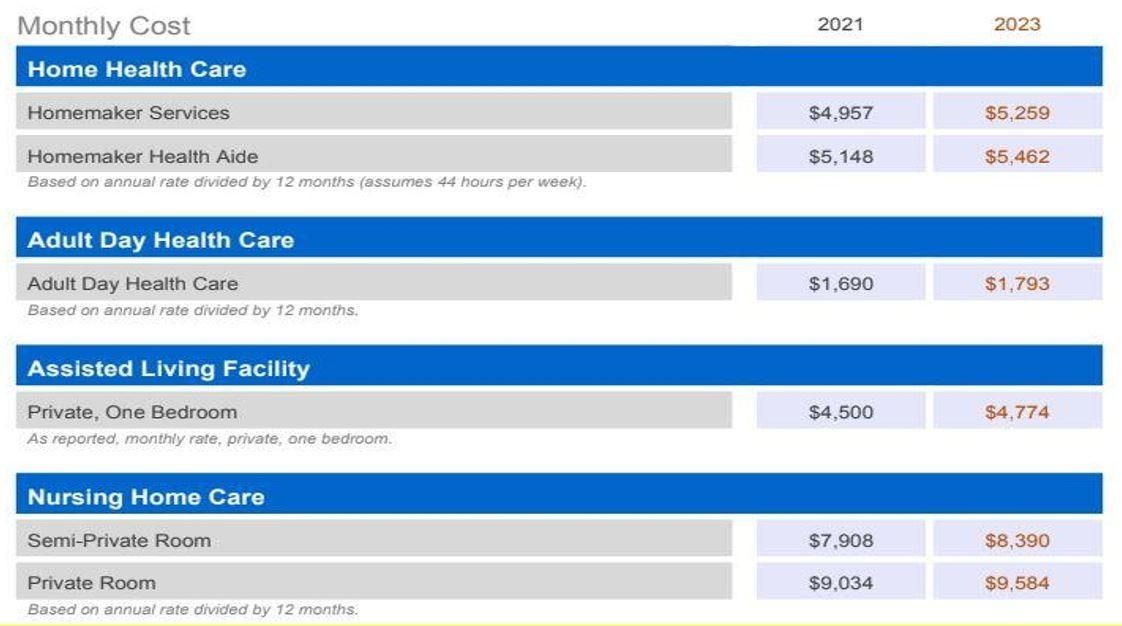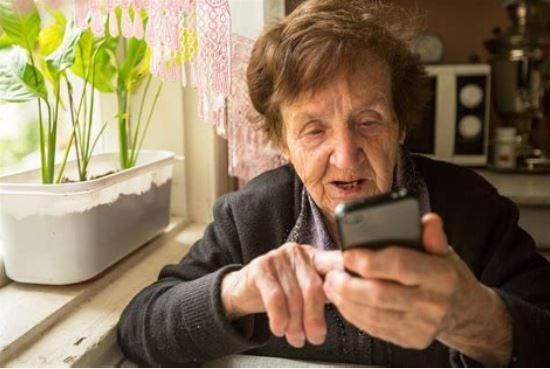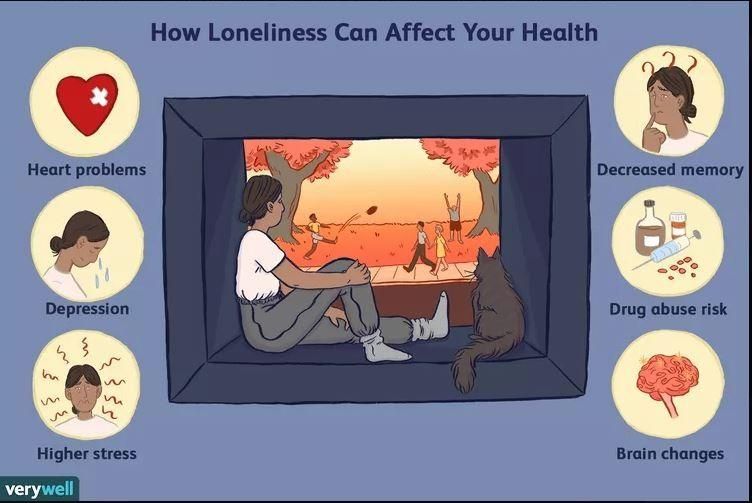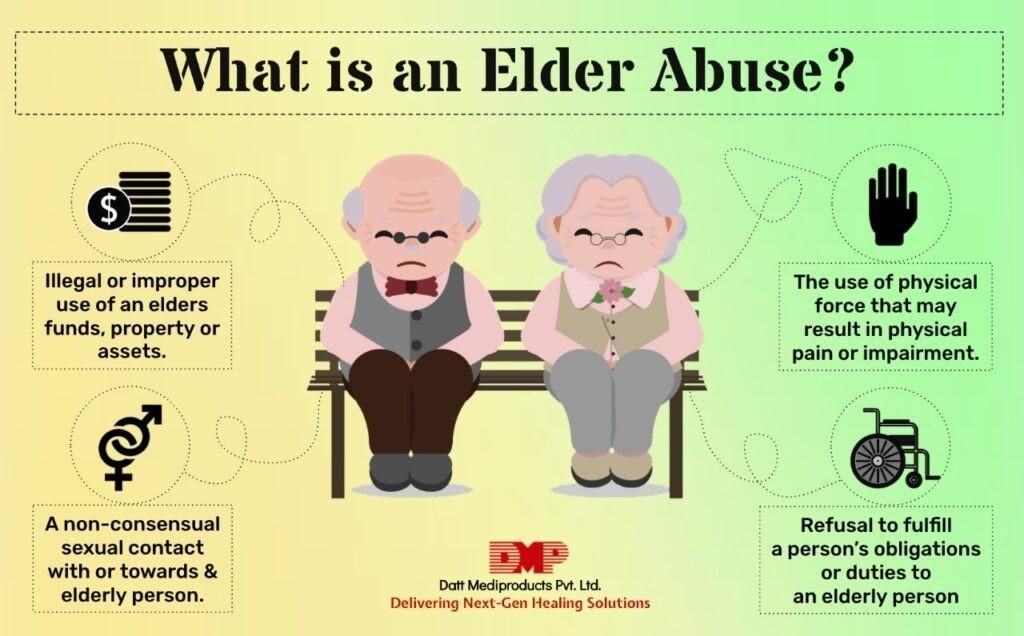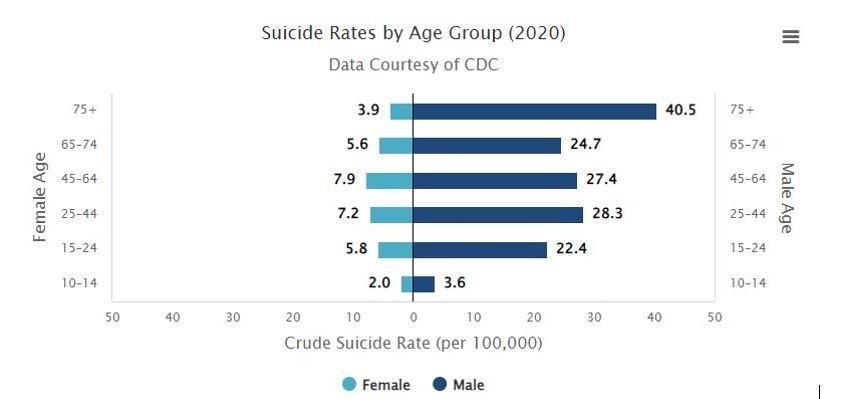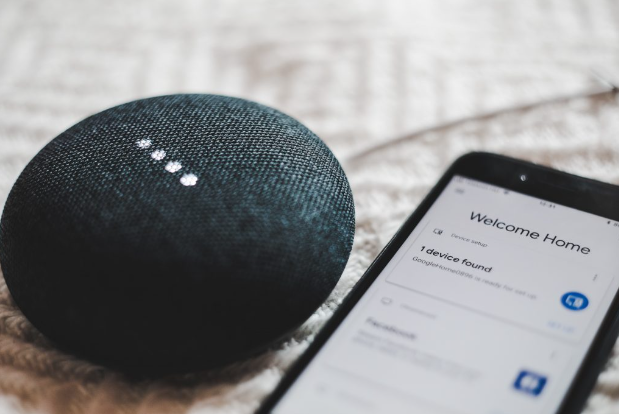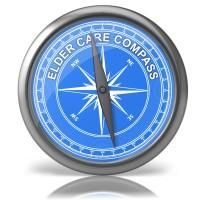1643 B Savannah Hwy. Suite 296 Charleston SC 29407-2202
Technology assists elders with their daily lives, from voice-activated phones and pill dispensers to virtual reality and companion pets. However, we understand that with any new technology, there may be concerns about privacy, access, and affordability. That's why we're here to help.
As experts in senior living technology, we can guide you through selecting and implementing devices that meet your unique needs and budget. Whether you want to improve medication management, stay connected with family and friends, or prevent falls and monitor movement patterns, we can offer solutions and support. Additionally, we'll explore the impact of technology on quality of life and healthcare factors in our next article.
Because medication management and keeping track of appointments are important, several manufacturers have created devices that allow for voice-control contact with family and others.
There are voice-activated phones and other such devices, including pill dispensers. Some voice-activated phones have large buttons. One of the challenges with new technology is that it is new to elders, who may need to be more familiar with using electronic devices. The setup for some devices requires recording the elder's voice. Elders may need to be trained to just say to a phone to call a person by name.
For some seniors, adaptive technology requires monitoring the elder's comfort and their learning new habits. Devices such as Alexa and Google Home can be helpful, but developing new habits requires concerted effort, which can be a problem if someone lives alone. Time must be scheduled. Are you interested in learning how technology is positively impacting the lives of helpers to teach new ways of doing things?
Video conferencing can help several family members visit their loved ones. Technology is also used for online education, games, and entertainment. Keeping elders engaged mitigates the debilitating effects of dementia. Virtual reality is making significant strides in this area.
The Echo Show or Messenger Portal devices can contact family and doctors with a voice command. The Apple iPhone detects falls. Because of such devices, seniors can feel comfortable leaving their homes. Other electronic devices are companion pets like dogs and cats that treat social isolation and loneliness. Some devices monitor usual and unusual movement patterns and can alert caretakers, police, and medical support.
Major Concerns
The usual concerns are privacy, access, and affordability. Privacy settings are usually part of the setup. Access can be controlled as well.
Hamilton-Captel* provides captioned telephones to those with hearing loss that usually sell for only $75. Advanced speech recognition software processes calls. In some instances, a live assistant may be included on the call. The cost for each minute of captions is paid from a federally-administered fund.
In conclusion, technology is evolving and becoming more accessible and helpful for the elderly.
To receive your free
Personal Priority Planner, scroll to the bottom of this webpage:
https://lucasadvisor.com/
REFERENCES:
*https://hamiltoncaptel.com/
Articles focused on the impact of technology on quality of life and health care factors.
https://www.ibm.com/topics/healthcare-technology
#seniorcare
#seniorcareadvocate
#eldercare
#virtualcare
#virtualreality
